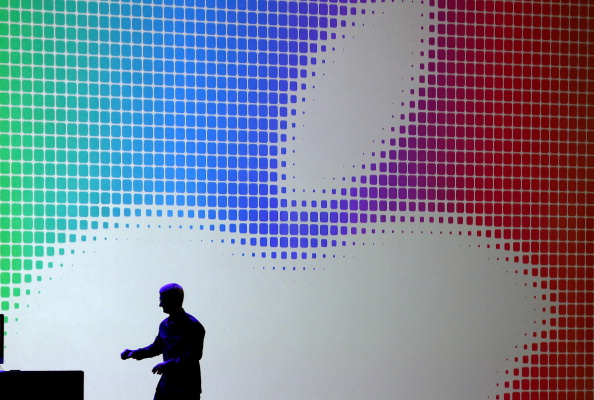Apple set to rake in over £6bn in music and gaming revenue by 2025

Apple’s revenue from gaming and music offerings is expected to jump 36 per cent to $8.2bn (£6.7bn) by 2025, according to estimates from JP Morgan.
The US investment bank said that Apple Arcade and Music will have a combined subscriber base of about 180 million by 2025 – 110 million for music and 70 million for gaming.
Analyst Samik Chatterjee estimated that the gaming-market size will hit $360bn by 2028 and music streaming will reach $55bn by 2025.
Apple reported revenue of $19.82bn for a combined segment of the App Store, Apple TV+, Arcade and Apple Music in its most recent quarter.
The news comes as video streaming giants like Netflix warn against dwindling subscriber numbers and slowing demand.
One explanation behind this contrast could be the distinct landscapes with which music and video operate.
Just last week investment bank Raymond James said that music streaming was in a better position than video streaming, urging investors not to dump streaming shares too quickly.
Analyst Andrew Marok highlighted that the challenges faced by one industry cannot be automatically applied to the other.
“So what we see in the competitive environment for streaming music is a lot more stable environment than you see, for instance, in streaming video, where content owners are increasingly taking ownership of their content, walling it off, going directly to consumers”, he said.
Indeed, the role of music labels is crucial in supporting the stability of music streaming , meaning that the market can be much more efficiently dominated by Spotify and Apple Music as key players.
In contrast, the state of video streaming is much more volatile. For Marok, in the video streaming space, “it really is a content differentiation story, where you could watch “Stranger Things” on Netflix one month and then “Obi-Wan” on Disney+ the next month”.
“And you can cycle between those services in a way that we really don’t see with streaming music”, he said.
This was echoed by TMT analyst Ian Whittaker, who told City A.M. that the fact that music giants don’t need to create their own content like Prime Video or Disney +, but simply have deals with labels means. This means there is less pressure for relentless investment by these companies.
Whittaker also said that because of the lack of exclusivity for most music, the consumer doesn’t need multiple subscriptions nor has the incentive to flip between services to watch a must watched programme.